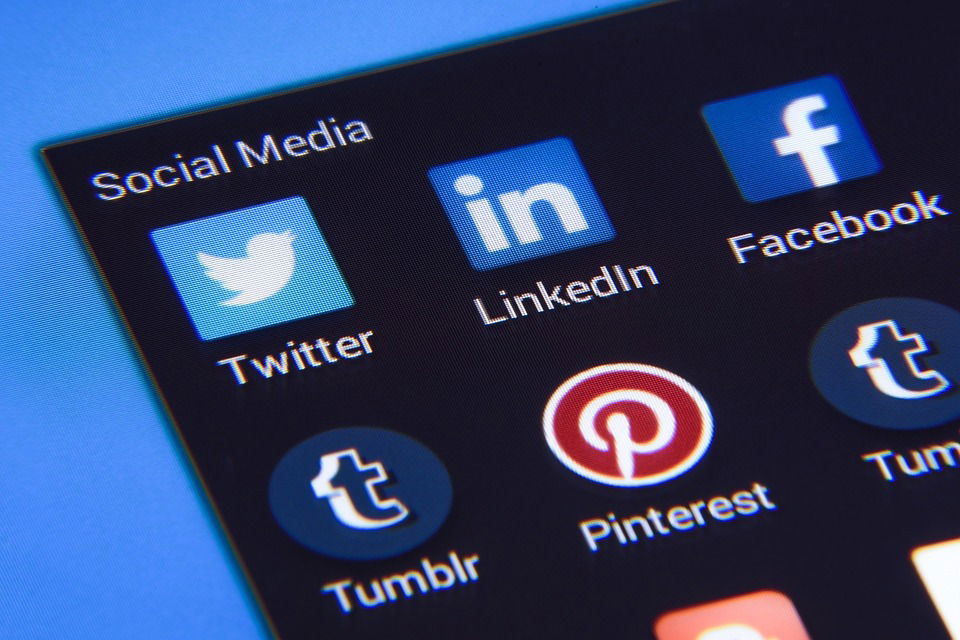
In our tech-driven world, we spend a significant amount of time staring at screens, be it our phones, laptops, or tablets. They are all emitting visible light with a short wavelength: blue light. This blue light exposure can affect your skin health.
What are the Implications of Blue Light?
Cellular Stress and Signs of Aging
Studies suggest that blue light exposure can generate free radicals, unstable molecules that damage skin cells. This oxidative stress can accelerate the breakdown of collagen and elastin, the proteins responsible for skin's elasticity and youthful appearance. It might contribute to the development of wrinkles and fine lines.
Hyperpigmentation and Uneven Skin Tone
Blue light may worsen hyperpigmentation, a condition characterized by dark patches on the skin. Research indicates that blue light can stimulate the production of melanin, the pigment responsible for skin color. This can lead to uneven skin tone and the appearance of dark spots, particularly for people with darker skin complexions.
Inflammation and Sensitivity
Blue light exposure might trigger inflammatory responses in the skin. This can manifest as redness, irritation, and increased sensitivity, especially for those with pre-existing skin conditions like rosacea or eczema.
How to Tackle Blue Light Affect?
In our current tech scenario, staying away from screens can be challenging. The digital revolution has its Perks and cons. Blue light is a type of UV radiation that can cause cellular damage and create many skin issues from long-term exposure.
Limit screen time: Take breaks from screens throughout the day, especially before bed.
Night Shift mode: Utilize built-in settings on your devices that reduce blue light emission in the evening.
Consider blue light filters: Explore screen protectors or glasses that specifically filter blue light.
By being mindful of blue light exposure and taking proactive steps to minimize it, you can help protect your skin's health and maintain a radiant complexion.

















